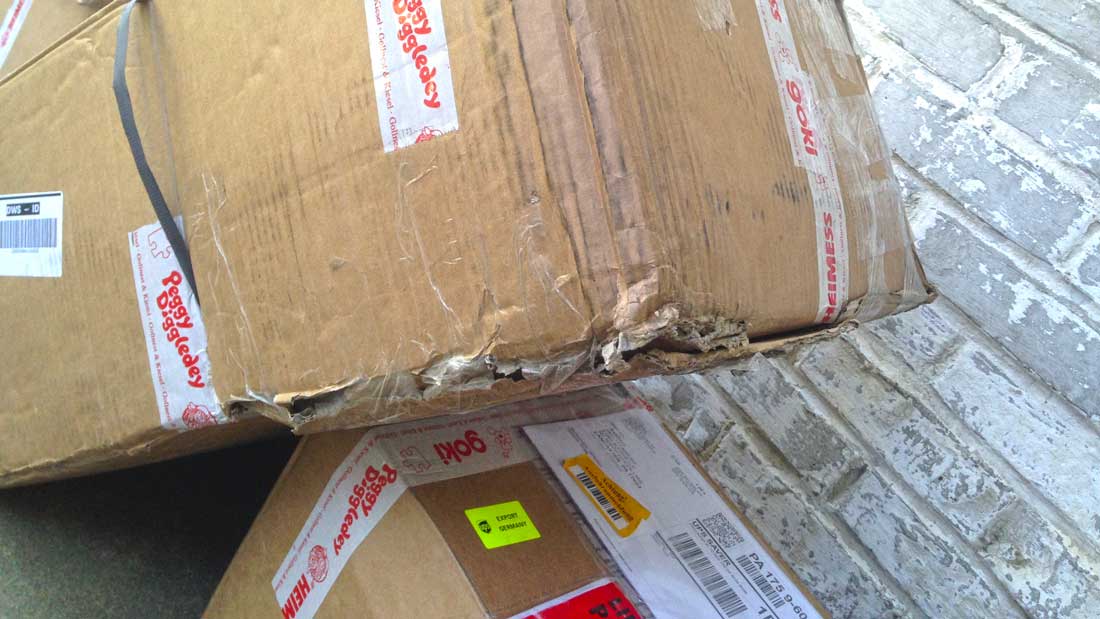
Small businesses thrive on agility, tight margins, and direct customer relationships. When trade policies shift dramatically, those of us between factories in Europe and consumers in the U.S. feel the squeeze hardest.
Back in August 2025, the U.S. ended the long-standing de minimis exemption (under $800 shipments), which had allowed many low-value parcels to enter duty-free with minimal paperwork. This change arrived on top of new European import tariffs, a 15% levy on all goods from the EU, including toys.
Taken separately, each change is painful. Together, they amount to a perfect storm for small-scale importers.
Tariffs Already Stretching Margins
The imposition of a 15% tariff on EU goods (as of late July 2025) forced euroSource and many small importers into a stark choice: either absorb the cost and erode margins or pass it along to customers. Our only viable choice was to adjust pricing, but in markets with price sensitivity, every nickel matters. What large manufacturers can absorb as part of volume gets felt acutely by smaller operations.
When Every Parcel Becomes a “Major Shipment”
With the end of de minimis, the burden shifted dramatically:
-
All import shipments, regardless of value, are now subject to duty, classification, and full entry procedures
-
Postal carriers must act as “qualified parties,” meaning they must post bonds, assume liability, submit full customs data, and collect and remit duty
-
New rules forced carriers like DHL to temporarily restrict or reconfigure postal parcel delivery from Europe to the U.S., as they scrambled to manage compliance.
In effect, what used to be “small packages” that moved freely are now treated with the same scrutiny as large commercial shipments.
Ripple Effects Through the Supply Chain
This isn’t just about duty percentages — the changes require a retooling of entire logistics systems:
-
Carriers must upgrade their infrastructure, hire compliance teams, and invest in customs coordination systems
-
Posting bonds and accepting liability raises the barrier for carriers
-
Delays and entry backlogs are becoming common as customs offices deal with vastly more volume and complexity
-
Some importers are abandoning postal routes and switching to express couriers — but at an enormous cost
Concrete Harms for Niche Importers Like euroSource
For euroSource, the cumulative effect has become crippling:
-
We cannot fulfill special orders from customers, because each new order triggers full customs processes and no viable carrier is available
-
Inventory replenishment is blocked entirely — we can’t reliably restock because every parcel is now treated as a full import event and again, no viable carrier is available
In short: tariffs and de minimis overhaul combined to disable the very functions that keep small import businesses operational.
A Broader Call for Balance
This isn’t a plea against tariffs or trade enforcement. It’s a plea for smarter implementation. Policies that presume scale and uniformity may be poorly designed to handle the nuances of small-batch niche trade.
Policymakers should consider:
-
Exemptions or simplified processes for small-value, handcrafted imports
-
Transition periods or waiver mechanisms to ease into full compliance
-
Clear guidance and coordination with postal networks to minimize disruption
Without adjustments, we risk losing not just euroSource — but a whole class of small, innovative importers who bring diversity, culture, and craftsmanship into American homes.
